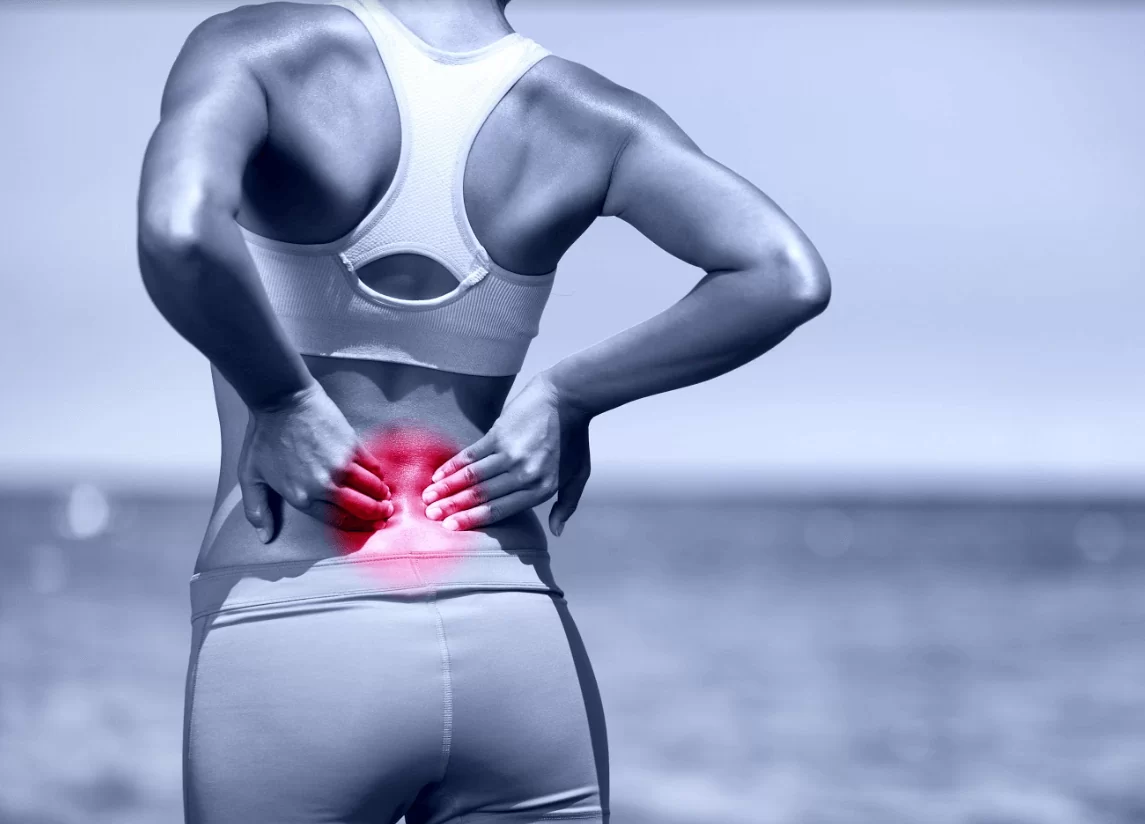When diagnosing pain, it's essential to know the classification of pain because the type and success of treatment depend on it.
After all, it's pain. They all hurt, more or less the same. It burns, disturbs, and sometimes really frustrates me…
Although the outcomes may be similar, the causes are different, and as a result, the treatments also differ. Some pains can be quickly relieved with a simple painkiller, while others may be challenging to alleviate no matter what you do. Some might even persist throughout a lifetime.
The most common type of pain is called "nociceptive pain." Nociceptive pain is the kind we encounter almost every day—pain originating from muscles, bones, skin, and internal organs. The pain resulting from a cut, burn, sprain, gas discomfort, gallstones, or someone pulling your hair is an example of this type of pain.
This pain can also be further divided into subtypes, and as each subtype is identified, treatment options can vary.
- Somatic pain: Pain that originates in areas like the skin and deep tissues. These typically respond well to simple pain killeers and resolve on their own when a wound or illness heals. It's usually a sharp pain, clearly localized. If the pain persists after the underlying illness has healed, it is referred to as "chronic pain."
- Visceral pain: Pain originating from internal organs, often seen in cancer patients. It is a dull, poorly localized pain felt over a broad area.
- Bone pain: Generally severe and occurs in conditions like fractures, osteoporosis, arthritis, cancers, sickle cell anemia, and bone infections.
- Neuropathic pain: Develops due to nerve damage, often caused by nerve injury or disease. The perception of pain here is entirely different, often presenting as burning, tingling, or electric shock sensations. Even light touch or friction from clothing can trigger pain in this case.

 EN
EN 

